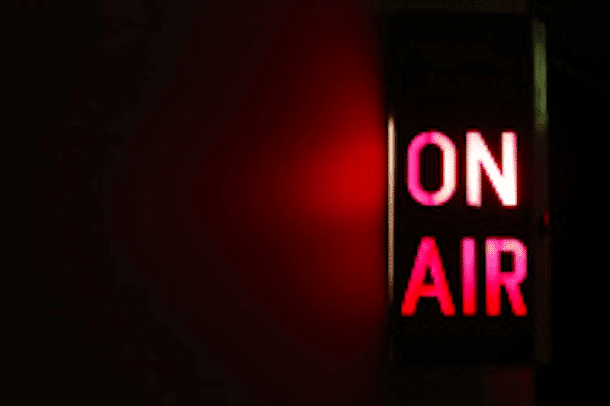By Allison Orr
23 January 2015
Once again it’s Hottest 100 time, and once again we are doing the rounds of hand-wringing: is it too commercial, too hip-hop, too retro, too ho-hum? The countdown hasn’t even happened, but already it’s started, and this year, we have an added question: is the Hottest 100 culturally elite?
On Monday Elle Hunt argued in The Guardian that Triple J listeners are “over-intellectualised, indie blowhards”. The proof of this claim is apparently in the absence of Taylor Swift from the playlist.
Not only is this belittling to the tastes of those who really genuinely like the music that is played on Triple J, it also completely misunderstands what it is that Triple J stands for, and why people listen.
If there is a bias on Triple J, it is perhaps for the indie bands and sounds that come out of the pubs and garages of Australia. If there is a prejudice at Triple J, it is to engage with and promote the music of young Aussie artists. That is, after all, what it is for. It’s not a commercial station, it is a publicly funded broadcaster. If it has a bias towards promoting and playing Australian bands that might not otherwise get airplay, that’s not cultural elitism but a difference that ensures their continued existence.
If Triple J were to simply become a copy of their commercial rivals, there would, understandably, be questions about its purpose. The ABC has already had its funding cut. It’s hard to imagine that a publicly funded youth station that had no discernable difference to a commercial station would survive long. Taylor Swift is someone who can, and does, get plenty of airplay around the world. It’s hard to see how the Australian listening audience would genuinely benefit by having her also appear on Triple J. It wouldn’t increase the diversity of the Australian music scene, but instead give us more of the same.
It seems our poor ABC is damned any way it turns. They get accused of not playing on “Team Australia”, but then if they run an agenda that is unashamedly Australian, they are creating, in Hunt’s words, barriers that are “arbitrary and elitist”. It smells a little like ABC bashing in disguise.
The truth is, we are all guilty of making musical choices that are arbitrary and elitist. Our choices are extremely personal, and we tend to see “our” music as better than anyone else’s: no one can really understand or appreciate the tastes of anyone else. In an age where personal music devices are ubiquitous, this has become even more so. Music now is often not a shared experience, but a very personal set of preferences that we feel express something about us. This is something U2 misunderstood when they made their recent album, Songs of Innocence, a compulsory download on iTunes. People felt it was “rude” to have someone else decide what should be on their personal playlist.
In the same way, everyone wants “The World’s Biggest Musical Democracy” to reflect, and so validate, their choices. This is the real reason we argue about the countdown. Triple J’s playlist is different from other stations. It is apart, but to say it is also “above” is just a way of saying it doesn’t suit my preferences.
You can hardly argue that popular artists get no love from Triple J listeners. The results of last year’s Hottest 100 does not tell a story of elitism. In spots 3 and 2 were the phenomenally popular Daft Punk and Lorde. And yet against these globally successful artists, the number 1 spot went to a young guy from Melbourne with a catchy ukulele song that has gone on to also be extremely popular. This is not a story of high versus low art; it is a story of a radio station that caters to many tastes, and a listening audience that will give an unknown a chance. At the time of his win, Vance Joy had not even released an album; a year down the track and he is, somewhat ironically, the support act of Swift’s huge US tour. This is why we have Triple J, to “unearth” Australian artists and give them a start.
Regardless of what happens with this year’s Hottest 100, people will complain and nit-pick. We will all feel that it doesn’t really reflect our choices, and wish that someone better (ie some I like better) had won. But as we celebrate Australia Day on Monday, we should also celebrate the existence of a radio station that has an unashamed bias towards giving airplay to Australian artists.

